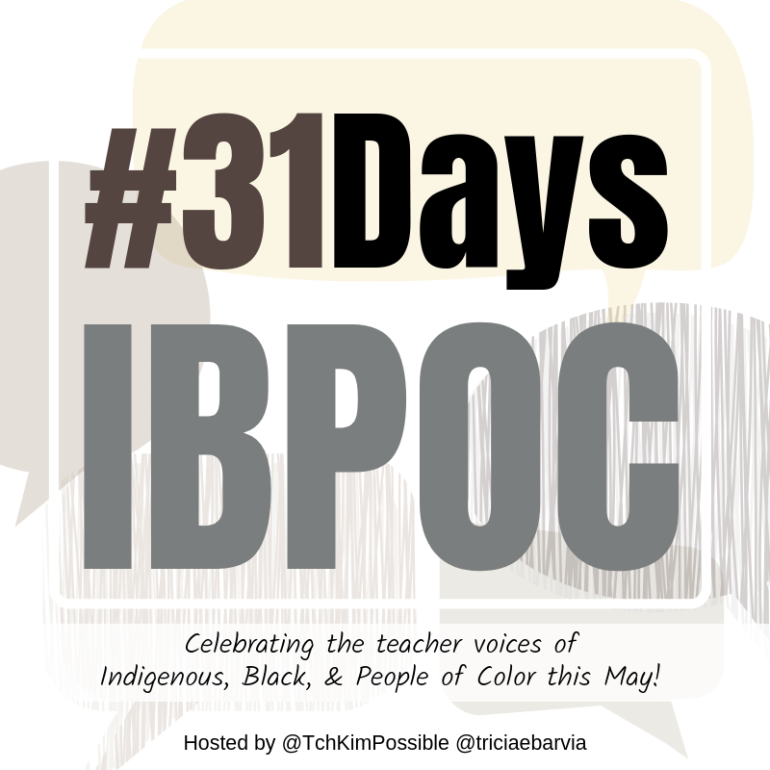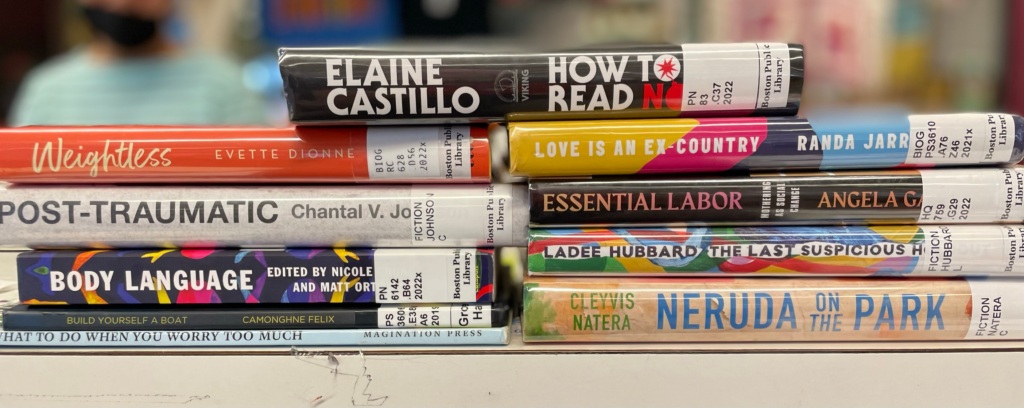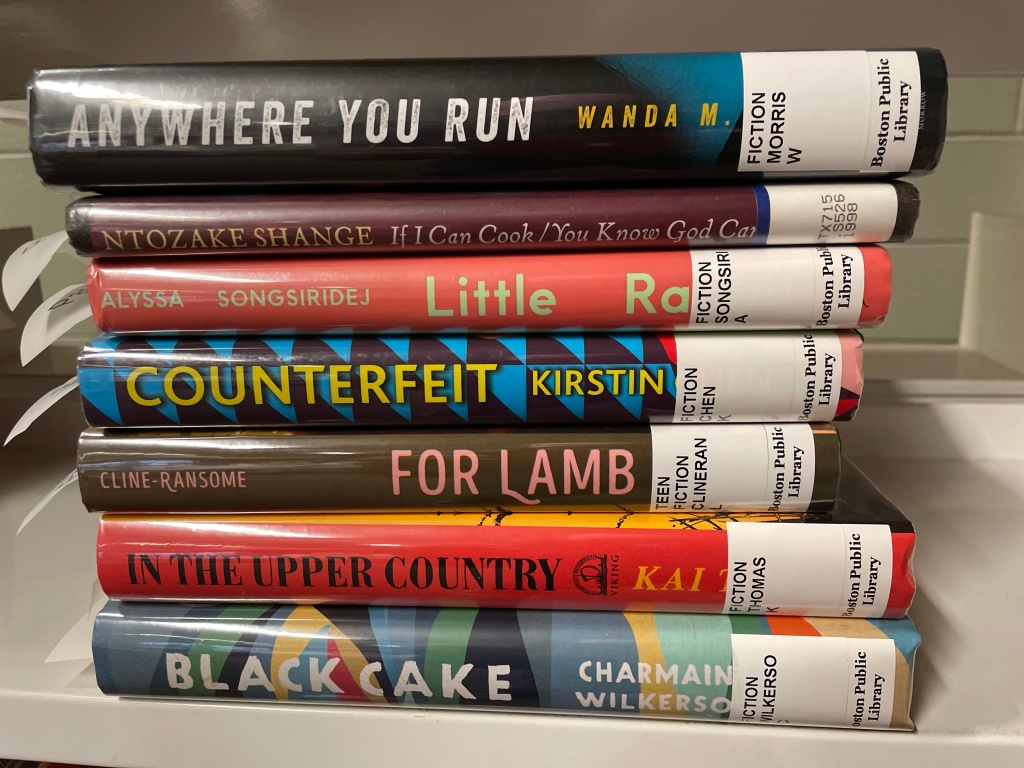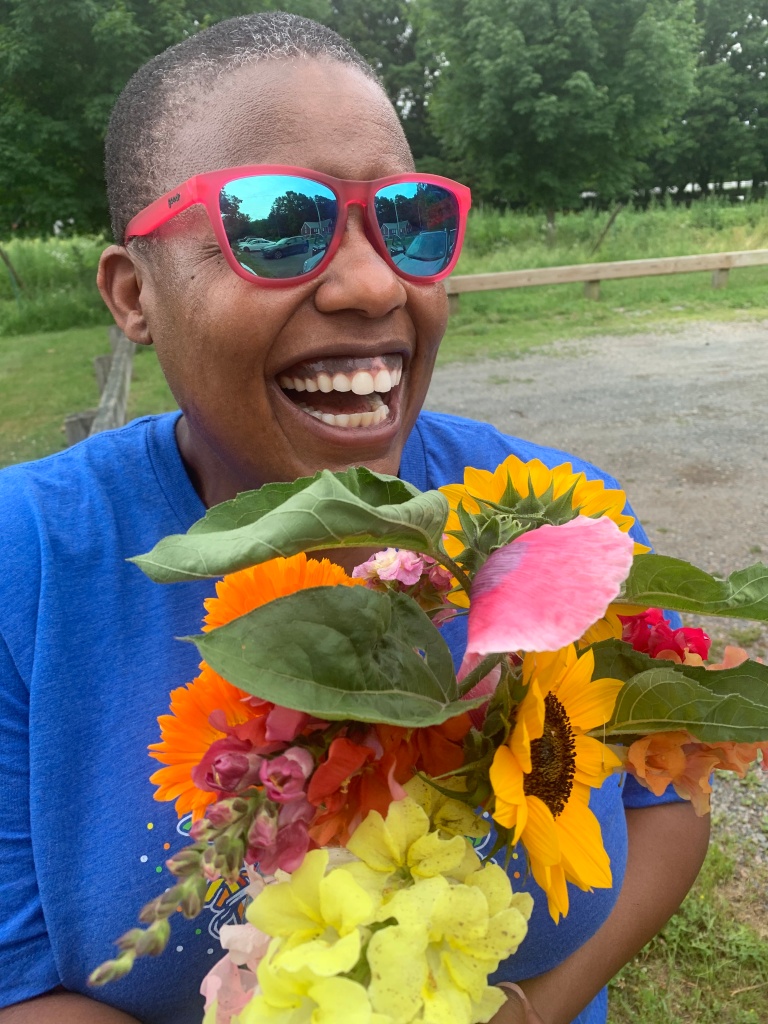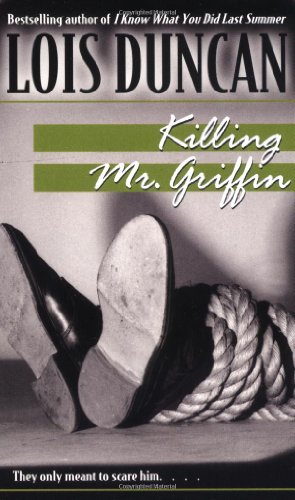The strange part about social media is that, even when you don’t want to, you find out what people you know (or, in this case, think you know) are thinking.
This week has been difficult, largely because injustice prevailed in the Trayvon Martin case. I have been inundated via the media, as people express feelings of hurt, disappointment, lack of surprise, all of those emotions and more as many of us attempt to get some sort of perspective on this moment when yet another young Black man is killed and justice isn’t served.
I intentionally decided to limit reading of social media. I didn’t want people telling me how I should feel about the verdict, attempting to justify any laws, making dismissive comments about the values–or lack of values–of Black bodies. I also didn’t want to have to, as a surprising number of friends have been doing, un-friend folks for their comments and perspectives.
Not this week.
However, given that I’m teaching in my summer program, it’s not like I could stay holed up in my apartment during what has been a heatwave and refuse to engage with anyone. So, I began to process the verdict with people I trust, and showed up for school on Monday.
The kids knew what had happened, but I don’t think they quite knew how to talk about it. Thus, I started with my own feelings, wherein I expressed my sadness, my feelings of hopelessness, my…worry that, as the aunt of two Black boys they might one day experience this. I recalled my student who was killed the first year of my student teaching and how the school essentially kept moving along while the teachers who loved him were left to pick up our own pieces. If anything, I was trying to feel hopeful when I was fearful.
Gotta tell the kids the truth.
They began to speak, and their responses were similar to mine, and different, close and far, but they were their responses, and they were real, and valued, and they mattered.
Still matter. Will always matter, as far as I’m concerned.
This is one of those difficult conversations that teachers can have with kids, or choose NOT to have with kids. Race is going to come up–it’s the axis on which everything turns, I’d argue–but these conversations are challenging, scary, and also easy to “convince” students what they should be thinking. I try not to do that, but that, too, is difficult to manage around sensitive topics. I do a better job of it sometimes rather than others.
Another group of student writers read King’s “What is Your Life’s Blueprint?” and had to write about the relationship between that text and another. Many of them chose this article, an apology to Rachel Jeanteal. The letter and Rachel are compelling to them. Like Trayvon, we know Rachel, too. And many of them are grappling with the bigger idea of what to do when your “somebodiness” as King defines it is challenged by forces over which you have no control.
I read this quote somewhere that said when times get tough, turn to wonder, and I’m really, really trying, but I am so very disappointed.
Trying, though. Ever trying.
Then, it happens: I sit and talk to a young writer about the article, about quotes that stand out to him, about details that matter, and I realize that in those spaces, hope does exist. I do try to turn to wonder with them, and we marvel over the relevance of “Blueprint” to all young people, not just the underserved ones. I do think and believe, too, that they can be change agents in the world, and I say it to them, while swallowing my own worries of racial profiling, presumed guilt, other concerns that threaten to paralyze me if I sit and think about them too much.
We’re going to see Fruitvale Station. Their decision. I read them a bit of the review from the New York Times and they said we should go. I suspect I’ll be chaperoning a trip once it comes to the city, then spending even more time afterwards trying to help us all figure out what it all means: to be people of color, living in a world where wonder is important, but is, at this moment, so difficult to find.
